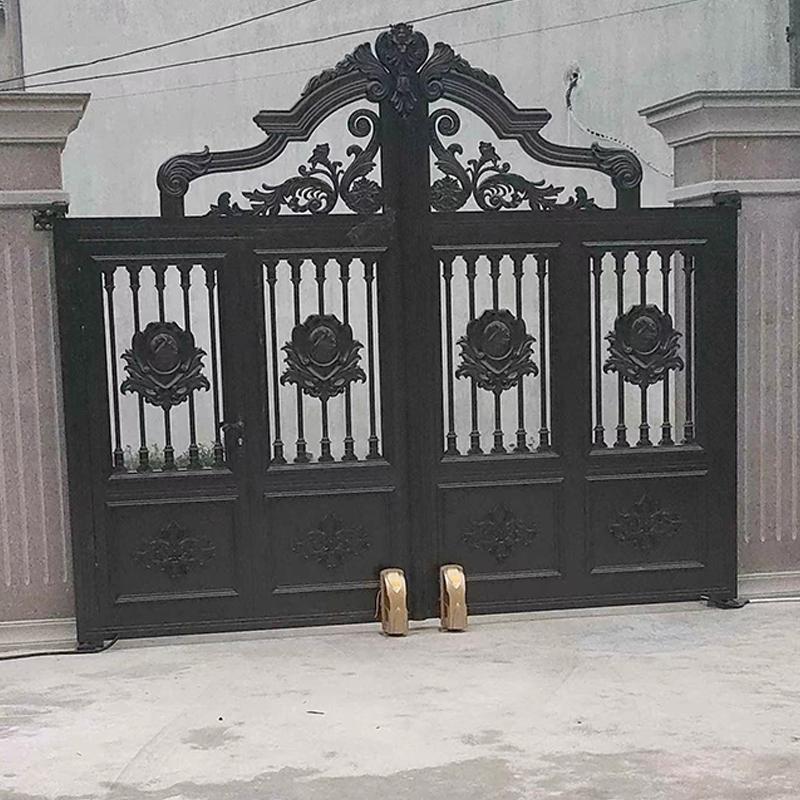Automatic gate openers have become an essential component of modern homes and businesses, providing convenience, security, and efficiency. However, like any mechanical device, automatic gate openers can be affected by external factors, and one significant influencer is the weather. In this article, we will explore the specific weather conditions that may impact the performance of automatic gate openers.

1. Rain and Moisture:
Rain is a common weather condition that can affect automatic gate openers, particularly those installed in outdoor environments. Excessive moisture can lead to corrosion of metal components, electrical connections, and circuitry, potentially causing malfunctions or even permanent damage. To mitigate this, it's crucial to choose gate openers with weather-resistant features and regularly apply protective coatings to vulnerable parts.
2. Extreme Temperatures:
Automatic gate openers are designed to operate within a certain temperature range. Extreme heat or cold can affect lubricants, batteries, and electronic components, leading to reduced efficiency or system failure. In regions with harsh climates, it is advisable to choose gate openers specifically designed to withstand extreme temperatures and to perform regular maintenance checks.
3. Snow and Ice:
In areas prone to snow and ice, gate openers may face challenges during winter. Accumulation of snow and ice around the gate mechanism can impede its movement or strain the motor. Regularly clearing snow and ice from the gate and its components is essential, and selecting gate openers with de-icing features can help prevent weather-related issues.
4. Windy Conditions:
Strong winds can impact the performance of automatic gate openers, especially if the gate is large and acts as a sail in the wind. This may lead to excessive strain on the motor and components, potentially causing premature wear and tear. Reinforcing gates and selecting gate openers with sufficient power to handle windy conditions are essential precautions.
5. Electrical Storms:
Electrical storms pose a direct threat to the electronic components of automatic gate openers. Lightning strikes can cause power surges or even damage the control board. Installing surge protectors and grounding systems can help safeguard gate openers against the adverse effects of electrical storms.
6. Dust and Debris:
In arid regions, dust and debris can accumulate on the gate opener's moving parts, leading to increased friction and wear. Regular cleaning and maintenance are crucial to prevent these issues. Choosing gate openers with sealed components and proper filtration systems can also help protect against dust-related problems.
Conclusion:
While automatic gate openers offer unparalleled convenience and security, their performance can be affected by various weather conditions. To ensure the longevity and reliable operation of these systems, it is essential to choose weather-resistant models, perform regular maintenance, and take appropriate precautions based on the environmental challenges of the installation site. By understanding the potential impact of weather conditions, users can make informed decisions to enhance the durability and efficiency of their automatic gate openers.